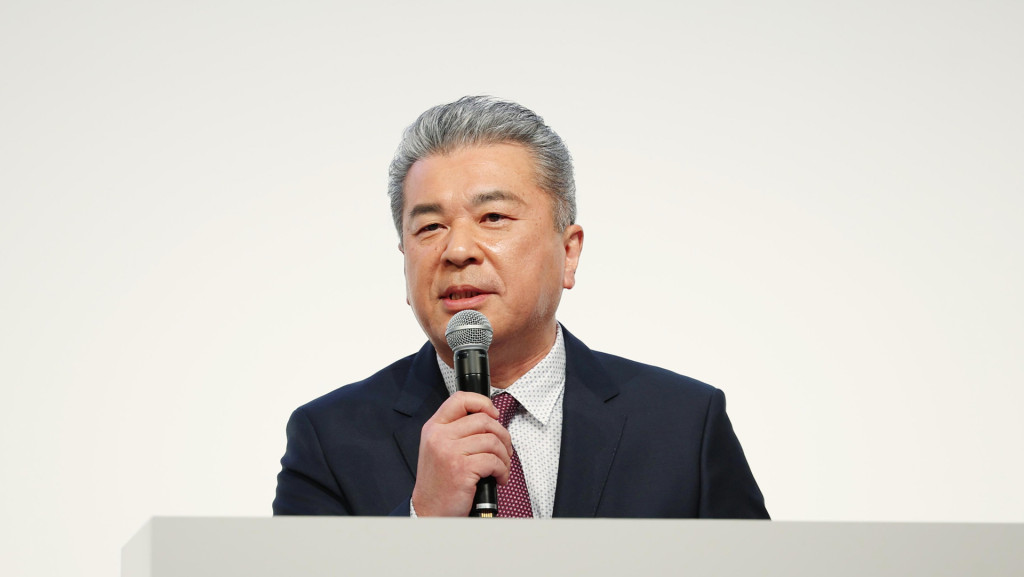Toyota is ramping up its battery-electric vehicle efforts under the leadership of new CEO Koji Sato, who took over from Akio Toyoda on April 1. Toyoda, the grandson of Toyota founder Kiichiro Toyoda, is currently the chairman of Toyota.
In a presentation on Friday, Hiroki Nakajima, Toyota's chief technology officer, said the company is targeting annual production of 1.5 million BEVs by 2026. That's up from a target of one million by 2030 that Toyota announced in 2017.
Tesla, the current leader in the EV space, produced 1.37 million BEVs in 2022, and delivered 1.31 million during the year.
Nakajima also said Toyota would introduce 10 BEVs by 2026 for both the Toyota and Lexus brands, after which the company will introduce a next-generation BEV family featuring more efficient batteries expected to increase range by a factor of two compared to Toyota's current BEVs. Efficient batteries will also enable Toyota to launch plug-in hybrids with more than 120 miles of electric range.

Hiroki Nakajima
Toyota also plans to establish a new division focused on batteries, Nakajima said.
Toyota is investing in other technologies in its quest to reduce carbon emissions. The company also plans to launch more vehicles that use hydrogen, including hydrogen-electric vehicles like the Mirai and possibly vehicles that feature internal-combustion engines designed to run on hydrogen. In both cases, carbon emissions produced by the vehicles would be near zero.
The latest strategy isn't hugely different to what Toyoda announced in 2021, while he was still CEO. He said the company would launch 30 EVs by 2030, many of which will wear a Lexus badge. One will even be a supercar. Toyoda also announced at the time that Lexus plans to make zero-emission vehicles account for for 100% of its sales in the U.S., Europe, and China by 2030, and the rest of the world by 2035.
Among the new announcements made on Friday was confirmation of production of a three-row battery-electric SUV in the U.S. starting in 2025. Toyota didn't mention a production site but said the SUV will use batteries sourced from a plant in Liberty, North Carolina, which the company announced in 2021.
